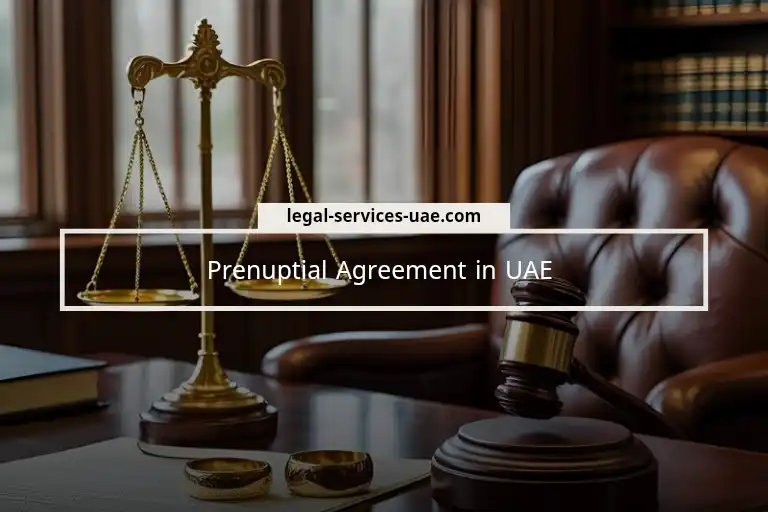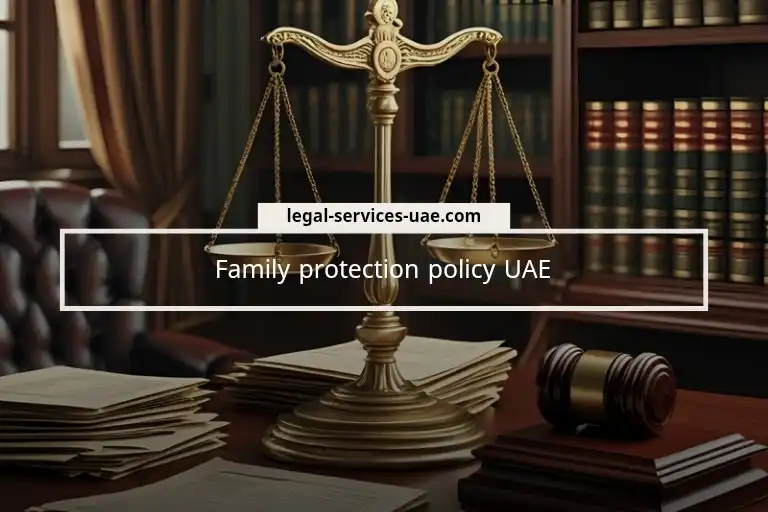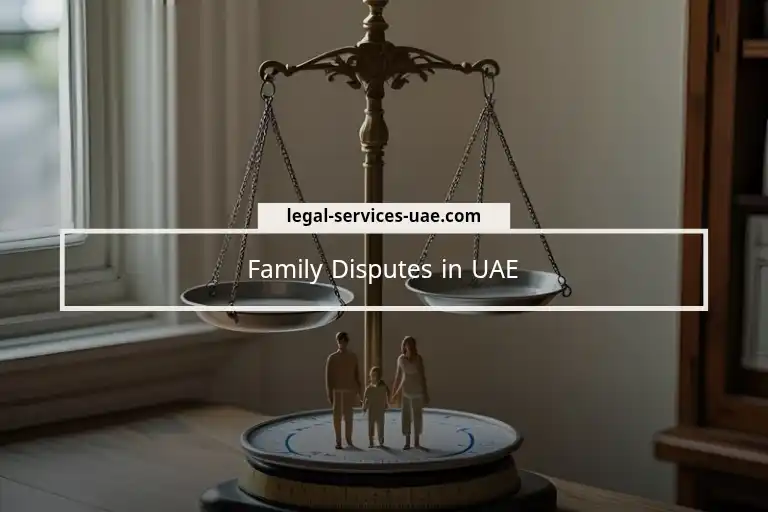In an era where clarity and protection increasingly matter, a prenuptial agreement in UAE offers couples the legal structure and peace of mind they need before marriage. Family lawyers in Dubai are noting a growing trend: both expats and Emiratis are embracing this proactive contract to safeguard assets and define responsibilities in advance.
In this article, we examine its legal foundations, content possibilities, drafting process, special circumstances, enforcement, risks of skipping one, and the value of seeking specialist advice.
Need expert help drafting a secure prenup in the UAE? Click on the WhatsApp button below for a confidential consultation.
Legal foundations of prenuptial agreement in UAE
Understanding the legal basis is crucial to ensure your prenup is enforceable. UAE law varies depending on religion, nationality, and the emirate involved.
For non‑Muslim expats
Federal Decree‑Law No. 41 of 2022 on Civil Personal Status allows prenuptial agreements provided they choose not to apply their home country’s laws, and these agreements are in writing, signed voluntarily, and—ideally—notarised—even though notarization is optional.
Under the Personal Status Law
No. 41 of 2024, Muslims and UAE nationals may include conditions in the marriage contract (Nikkah), as long as they do not contradict Sharia. Article 20 and the law’s explanatory memorandum recognize the validity of contractual clauses in marriage contracts for protection of interests.
فهرس المقال
What can and cannot be included
To avoid invalidation, you must be clear on what a UAE prenuptial agreement can lawfully contain. The table below outlines accepted and prohibited terms:
| What should be included in the agreement | What should not be included |
|---|---|
| Division of premarital assets; separate vs joint property rights | Clauses contradicting Sharia or public policy |
| Full disclosure of financial status and debts | Unfair or unconscionable terms that exploit one party |
| Future asset division, inheritance planning (for non‑Muslims) | Personal ‘morality’ clauses, e.g. infidelity clauses often rejected |
| Maintenance/support terms (if reasonable and clear) | Terms that override mandatory child support or inheritance laws |
| Review triggers (e.g. birth of child, change in circumstances) | Ambiguous or syntactically unclear wording |
Step‑by‑step drafting process
Drafting a prenuptial agreement in UAE requires deliberate steps to ensure it’s legally sound and practically useful.
- Begin early—ideally several weeks before the wedding (28 days is recommended) to guard against duress.
- Ensure full disclosure of assets, liabilities, and financial expectations.
- Engage independent legal advice, ideally through family lawyers in Dubai, each party having their own counsel for fairness and clarity.
- Draft the agreement in clear written form, signed in presence of witnesses, and optionally notarised for added legal weight.
- Specify jurisdiction and applicable law, especially for expats choosing between UAE law or their home country law.
- Include review or update clauses, such as upon birth of children or significant change in assets.
Special cases
Different categories of people face unique considerations when drafting prenuptial agreements in the UAE.
For expats
Expatriates can rely on Federal Decree‑Law No. 41/2022; they may choose which jurisdiction applies and must ensure translation and legal formalities are properly addressed.
For Non‑Muslims
Non‑Muslim couples benefit from modern personal status law, allowing prenups to define asset regimes, inheritance, and maintenance—provided they adhere to drafting standards.
For family business owners
A prenup can protect business interests by specifying how ownership, profits, or management roles are treated if the marriage dissolves—thus providing business continuity and clarity.
Enforcing prenups in UAE courts
Enforceability depends on compliance with legal requirements: voluntariness, fairness, clarity, and proper execution. Courts may invalidate agreements that are unreasonable, coerced, poorly drafted, or conflicting with local laws. Further, assets outside UAE are subject to laws of their jurisdiction.
Consequences of no prenup
Without a prenup, couples face uncertainty regarding asset division, support duties, and inheritance. Disputes may arise over property, debts, and child-related obligations. In mixed-legal marriages, courts may impose default regimes that may not reflect a couple’s intentions.
Why hire a specialized lawyer?
Engaging a qualified family lawyer is the most important step in making your prenup work:
- To navigate complex interplay between Sharia, federal laws, and foreign jurisdictions.
- To draft clear, enforceable terms tailored to your situation—especially for expats or business owners.
- To manage translation, notarization, and legal formalities for court acceptability.
- To safeguard your interests and minimize the risk of invalidation or dispute.
FAQ
A carefully drafted prenuptial agreement in UAE is a powerful tool to ensure clarity, protect assets, and reduce future conflict—especially in the UAE’s multicultural legal environment, where family lawyers in Dubai are increasingly recommending their use. Whether you’re an expat, UAE national, business owner, or planning family, a prenuptial agreement in UAE can offer legal certainty and peace of mind.
Secure your future with a legally sound prenup. Contact our expert family lawyer in UAE via WhatsApp today.
Legal Disclaimer: This content is for educational purposes only and does not constitute legal advice. For personalized guidance, please consult a licensed lawyer in the UAE.
Was this helpful?
Specialized Legal Content Writer, possessing deep legal knowledge and exceptional ability to demystify legislation and analyze judicial developments. He delivers clear, precise content that helps you understand your legal rights and obligations while empowering you to make informed decisions across diverse legal domains. Working within our expert legal team, he ensures credibility and trustworthiness in every piece of content.




Downloaded the z8slotapp the other day. Runs smooth on my phone and lots of slots to choose. Good way to kill some time on commute. You should totally try z8slotapp
Was hesitant to try loab52.com at first, but glad I did. The community is active, and the games are fun. A good place to waste a bit of time I’ll be honest. Have a look right here loab52.
Downloaded the 789betapk app! Super convenient for playing on my phone. Everything’s optimized for mobile, and it’s pretty responsive. Worth it if you’re into mobile gaming. Download it! 789betapk
The login process for 3633betlogin is really smooth. No annoying security checks every other try. Great for quick bets! Access here: 3633betlogin